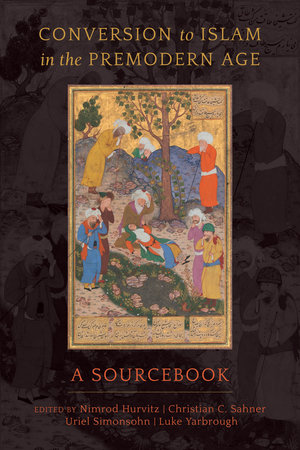Author: Bunny Waring
Date: 25th January 2021
Amidst adapting to e-learning, preparing lectures and caring for students, staff here at the Classics Department have been busy. A key element of academic life is never resting on your laurels. Each lecturer has their own research passions and are constantly writing blogs, papers, books and articles about what they have discovered and why it matters. Here are some of the latest releases from Prof. Annalisa Marzano and Dr. Arietta Papaconstantinou!
Marzano, Annalisa (Ed.) 2020. Villas, Peasant Agriculture, and the Roman Rural Economy: Panel 3.15, Heidelberg: Propylaeum.
This edited volume includes presentations and proceedings of the 19th International Congress of Classical Archaeology held in Cologne/Bonn 2018 and centres around the theme of Archaeology and Economy in the Ancient World. The publication is open access and free to read and download, which you can do here:
Villas, Peasant Agriculture, and the Roman Rural Economy
 Arietta Papaconstantinou, 2020. A Monk Deploring the Imitation of the Hagarenes by the Christians. UCP.
Arietta Papaconstantinou, 2020. A Monk Deploring the Imitation of the Hagarenes by the Christians. UCP.
This sourcebook edited by Hurwitz, N., H., Sahner, C., Simonsohn, U. and Yarbrough, L. provides translations for Islamic studies of pre-modern age conversions. On pages 167-171 Dr Papaconstantinou provides a translation and introduction to the section regarding the Apocalypse of Samuel of Qalamūn.
Have a look inside: Conversion to Islam in the Pre-Modern Age.
Annalisa Marzano, 2021 The Casa della Regina Carolina (CRC) Project, Pompeii: Preliminary Report on 2018 and 2019 Field Seasons. Fasti Online.
In this open-access journal by Fasti Online’s Fold & R-Documents and Research Italy series, Prof. Marzano discusses the finds and interpretations of field work in Pompeii, alongside co-authors: Caitlín Barrett, Kathryn Gleason and Dafna Langguto (palynology). Free to access and download here: The Casa della Regina.
Arietta Papaconstantinou, 2020. The sound of a thousand tongues: visitors to Constantinople from the eastern provinces in the sixth century. YILLIK
On pages 179-183 of the second Annual of Istanbul Studies, Dr Papaconstantinou addresses sensory dimensions of Byzantine rituals. This journal article is free to read and download and you can do so here: The Sound of a Thousand Tongues.
Arietta Papaconstantinou, 2020. No mere scholarly pursuit: Fergus Millar and the Late Roman East. Ancient West and East.
On pages 239-246 of the Ancient West and East journal’s 19th volume, Dr Papaconstantinou recalls and critiques the late scholar Fergus Millar’s infatuation with the late Roman world. See what they have to say here: No Mere Scholarly Pursuit.







